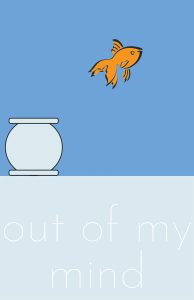Social studies classes expand world view
January 12, 2023
Recently I read the book “A Long Way Gone” by Ishmael Beah. Within the pages of the book, an unwinding story– no, a real life experience– takes place: his experiences as a boy soldier in Sierra Leone.
Before I read the book I didn’t know a lot of things: I didn’t know about Sierra Leone; I didn’t know what wars in Africa looked like; I didn’t know the viciousness and resilience of people. But I thought I knew, and in light of this eye-opening book, I find myself questioning how I’ve existed in this world when I’ve been so blind.
“I would say the challenge is removing your own cultural lens,” world history teacher James Torrez said. “I mean, we can look at another culture and look at a historical event but it’s hard not to judge that historical event or that other culture without taking into account your own culture because that’s part of who you are.”
Cultural bias permeates through most people’s interactions with others. It’s impossible to be neutral because every country, every city, every family, every person has differing opinions on the world and what is acceptable.
“I think if you teach people to reflect on it and how they are using their bias to make decisions for other people– or to judge other people– is a good place to start,” world history teacher Brenna Dacey said.
Beginning to reflect on bias means looking inward.
“We live according to our values,” psychology and global issues teacher Kelly McVey said via email. “We base our behavior on values and our values are based on what we think is wrong or right.”
If you’re looking to expand your worldview, Bellevue West offers in-depth history classes and introductions to the world at large.
“I think that history in general is really important to help explain why things are the way they are now,” Dacey said. “What we’ve gone through as a country, what we’ve gone through globally, the impacts of those decisions and how we still feel [consequences from] things that happened hundreds of years ago.”





